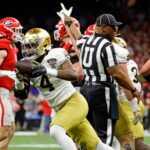
“Villanova’s 2016 Title Hero Kris Jenkins Takes on NCAA: The Battle for Lost Millions Begins!”
Former Villanova basketball star Kris Jenkins is making headlines again—this time not for his iconic buzzer-beater in the 2016 NCAA championship game, but for a bold lawsuit against the NCAA and multiple conferences. Jenkins is arguing that he, along with countless other athletes, was unjustly deprived of potential earnings due to restrictions on using his name, image, and likeness (NIL) at a time when college sports were raking in enormous profits from such talents. As sports programs evolve and NIL regulations transform, Jenkins’ case may signal a pivotal shift in how student-athletes are compensated for their contributions. Joining the ranks of over 350 athletes opting out of a $2.8 billion antitrust settlement, Jenkins seeks to reclaim what he believes is rightfully his. The outcome of this legal battle has the potential to reshape the landscape of collegiate athletics, raising questions about fairness and equity within an industry that has long profited off its players. For those craving a deeper dive into this unfolding story, check it out here: LEARN MORE.
AP
—
Attorney Kevin T. Duffy Jr. of Greenwich, Connecticut, filed Jenkins’ lawsuit Saturday in the U.S. District Court for the Southern District of New York. It requests a jury trial and compensation for Jenkins to be determined at trial. The NCAA declined to comment.
NCAA athletes weren’t allowed to make NIL money until July 2021. The so-called House settlement would provide back pay for athletes dating back to 2016, with the amount for each generally determined by sport and how much the athlete played. Jenkins played at Villanova from 2013-17 and in his last two seasons started 72 of 76 games and averaged 13 points per game.
The lawsuit says because of the NCAA’s restraints on athlete compensation, Jenkins was denied a share of game telecast revenue and compensation he would have received for media broadcast uses of his NIL (“BNIL”) as well as income he would have earned for his NIL from third parties for use in video games and other opportunities, including marketing, sponsorship, social media, branding and promotional and other NIL deals.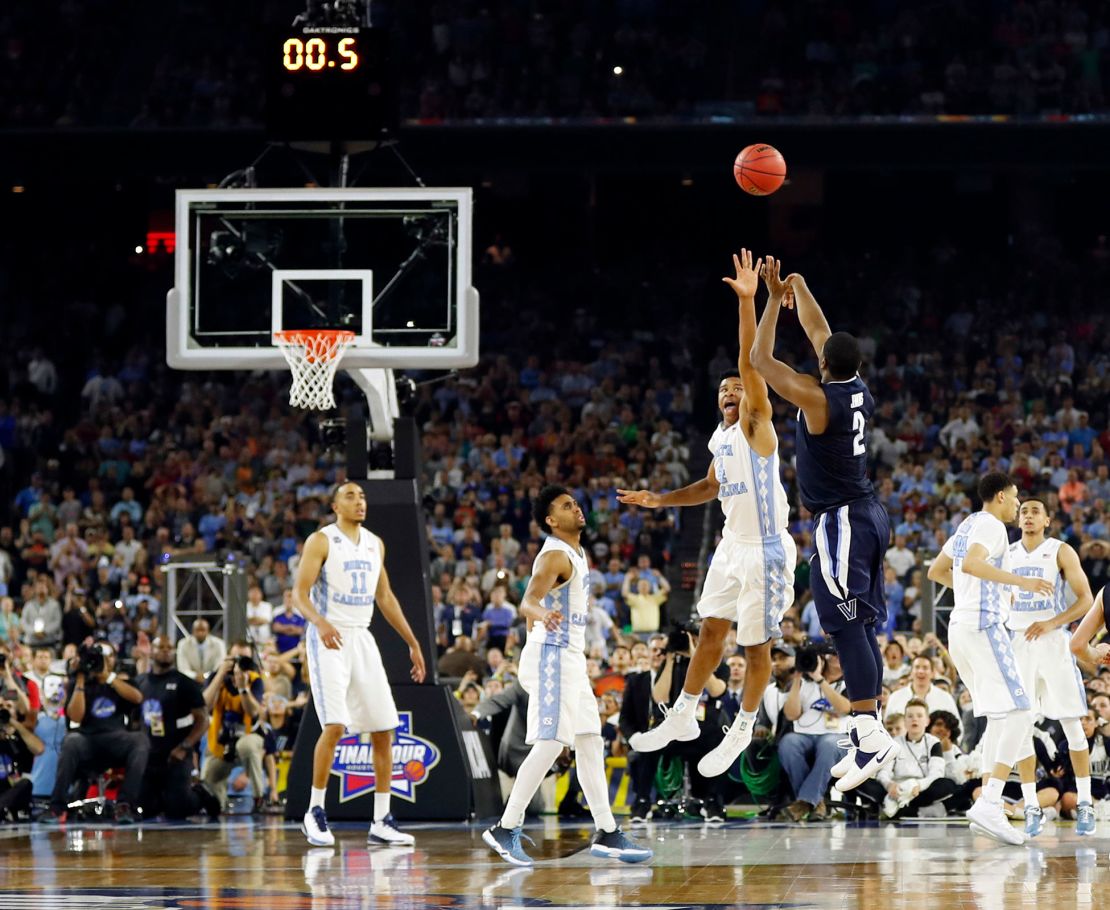
The Atlantic Coast Conference, Big East, Big Ten, Big 12, Pac-12 and Southeastern Conference were named as defendants, the lawsuit said, because each participated with the NCAA in the “collusive restraint of trade and other violations of law alleged in this Complaint.”
Jenkins is among some 350 current and former athletes who have opted out of a .8 billion antitrust settlement with the NCAA that’s on the cusp of final approval. Some of the opt-outs have filed lawsuits to pursue lost income on their own.
According to the lawsuit, Jenkins is entitled to a share of the largesse associated with Villanova winning the national title on his buzzer-beating 3-pointer.
The lawsuit notes alumni donations increased 27% in 2016, enrollment increased and that the publicity value of winning the title was about 0 million and about billion if the value of the game broadcasts were factored in.
Kris Jenkins, who made the winning shot for Villanova in the 2016 college basketball championship game, is suing the NCAA and six conferences to recoup income he contends he would have earned if athletes at the time were not barred from making money from their name, image and likeness.
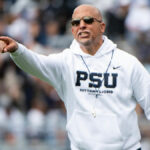
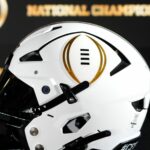
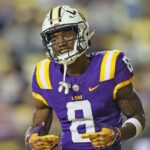
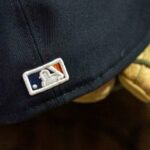

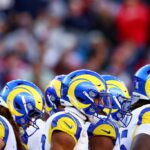

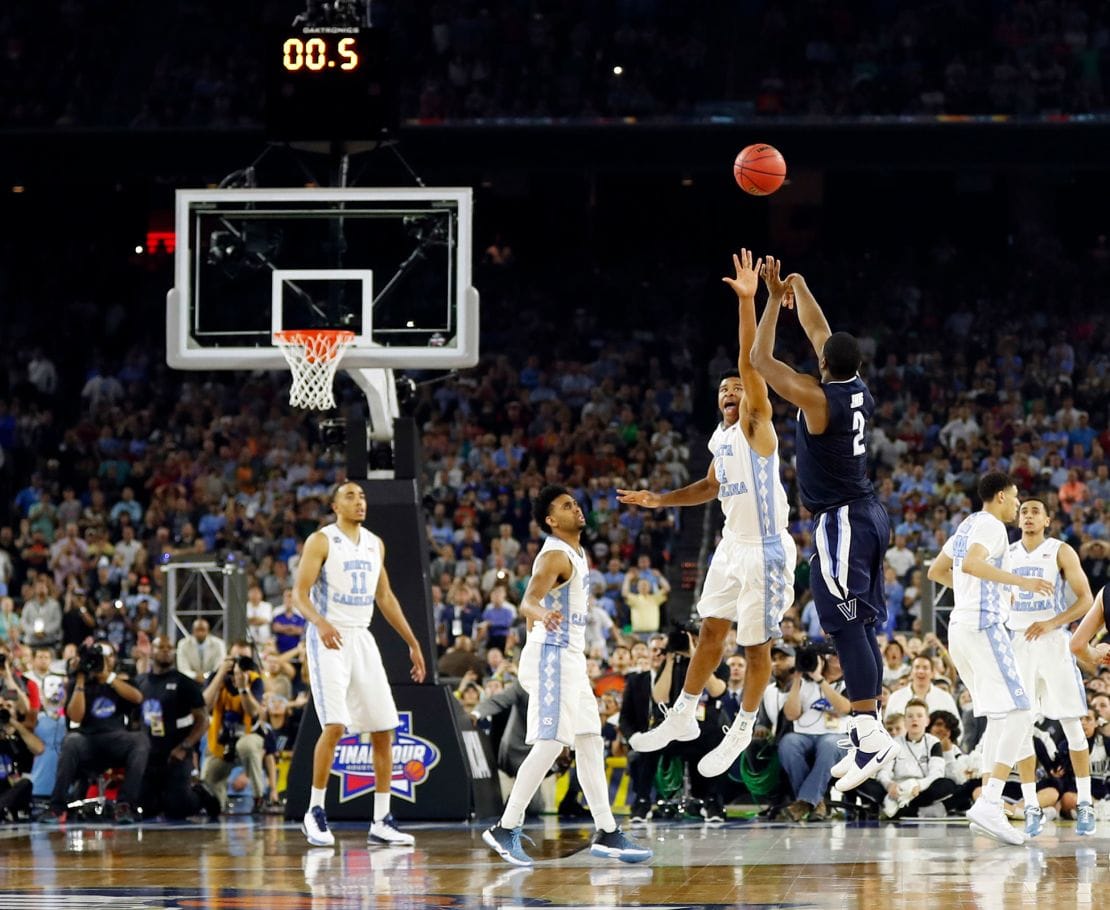
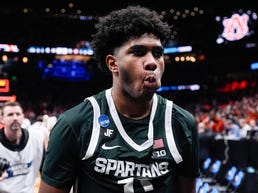
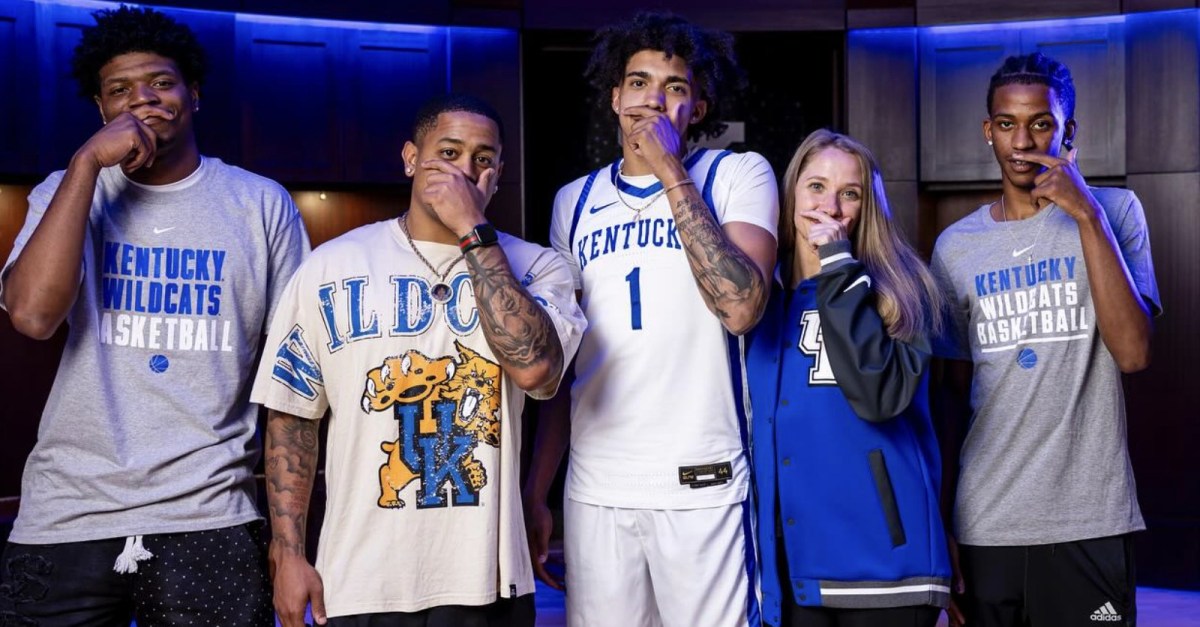


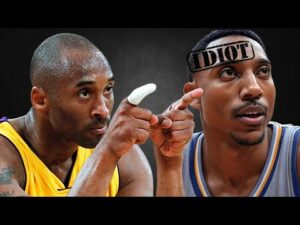

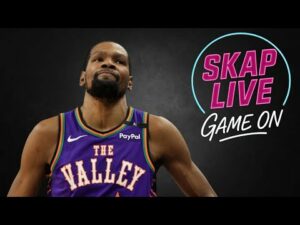
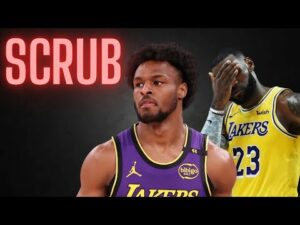
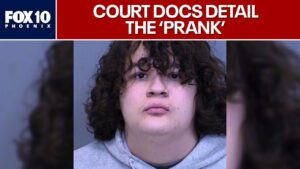
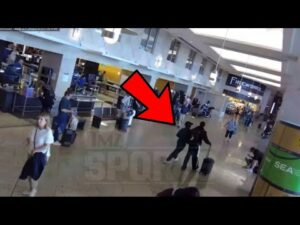
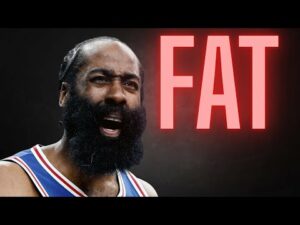
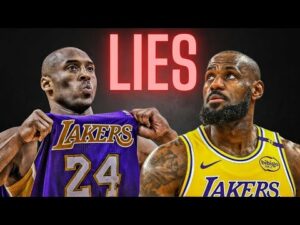
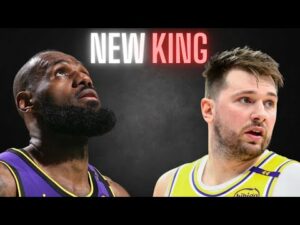

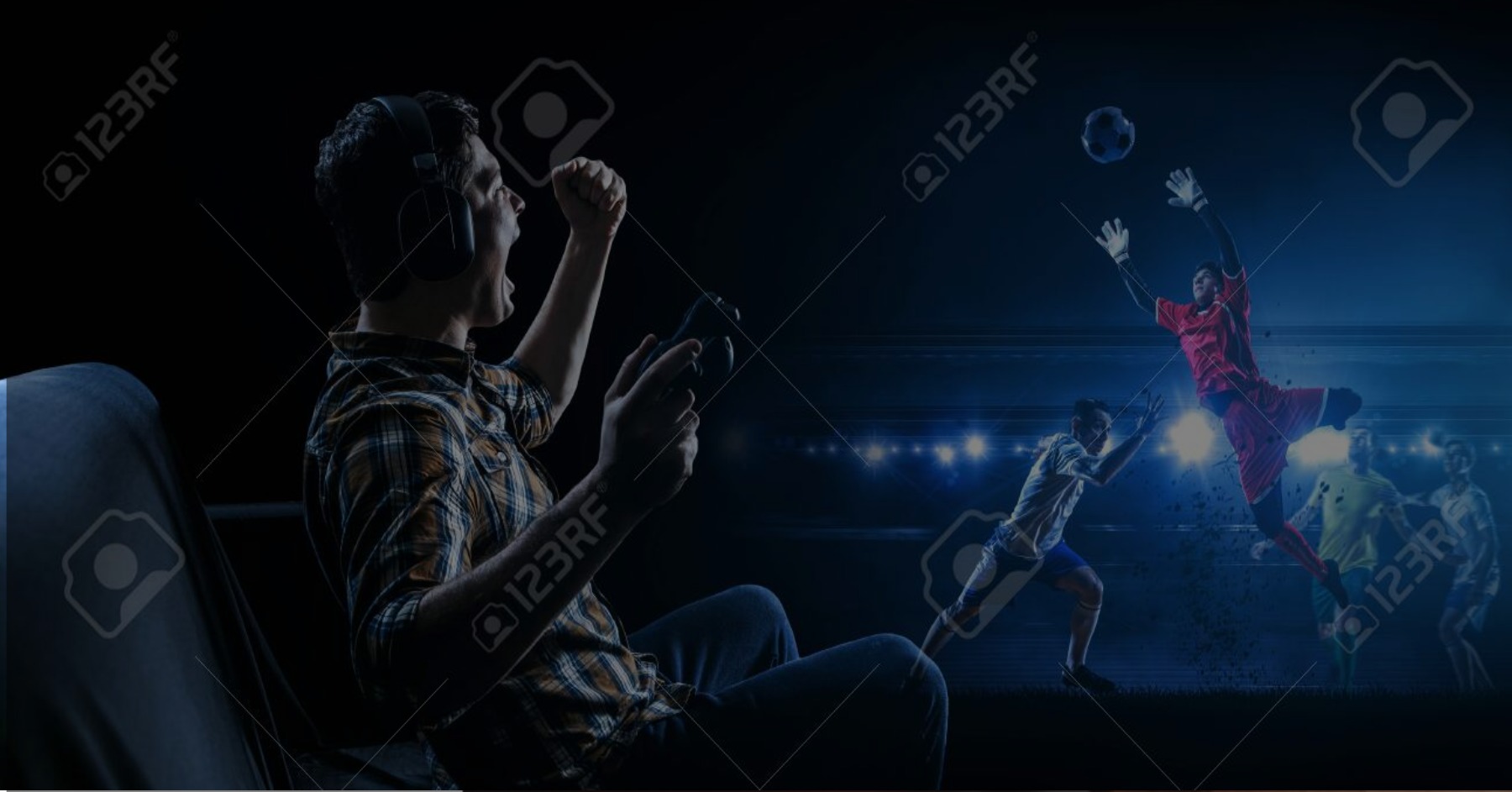
Post Comment